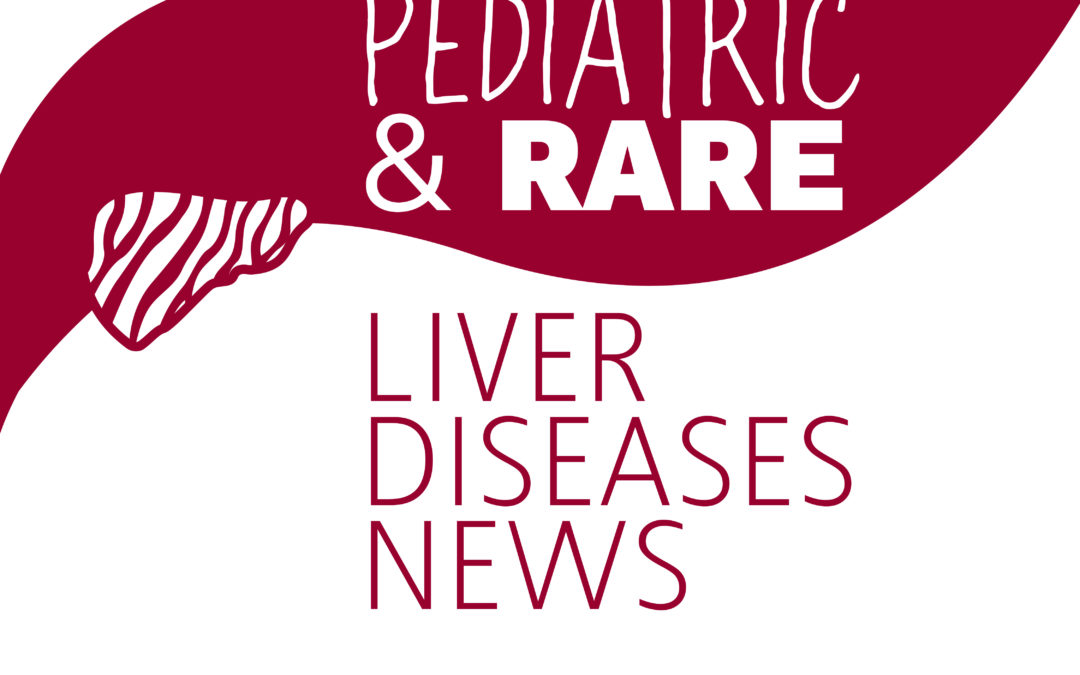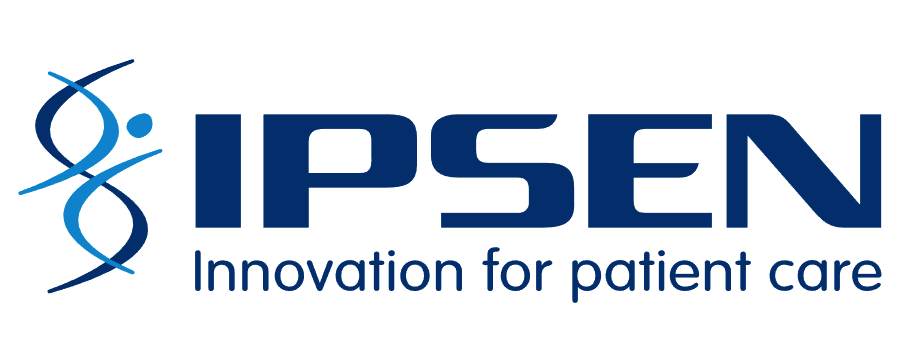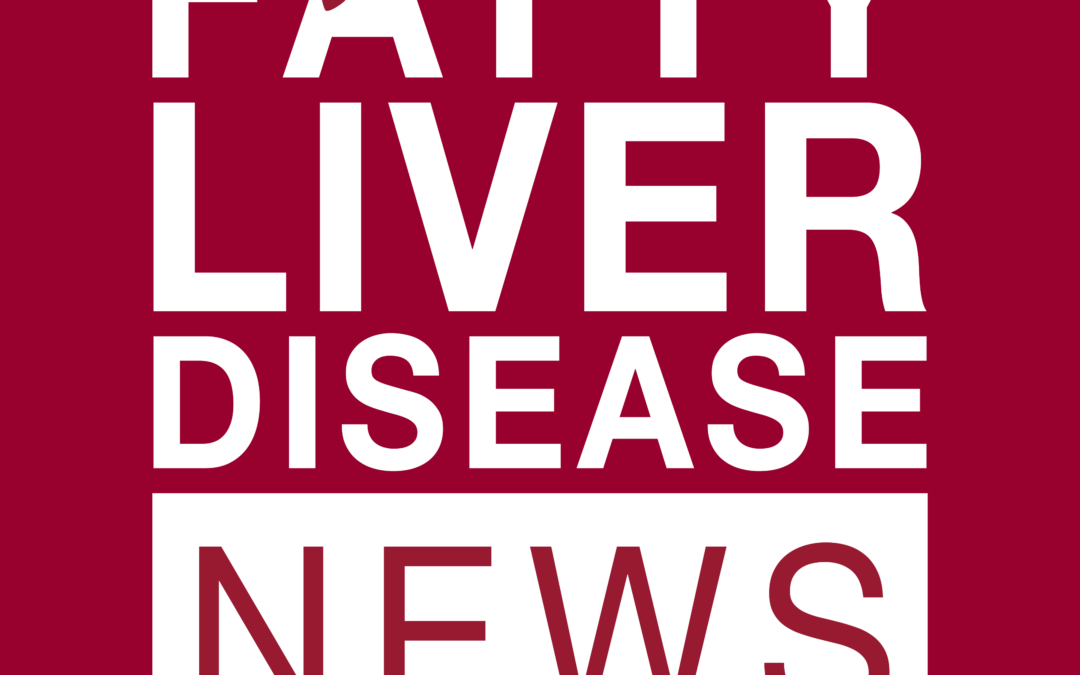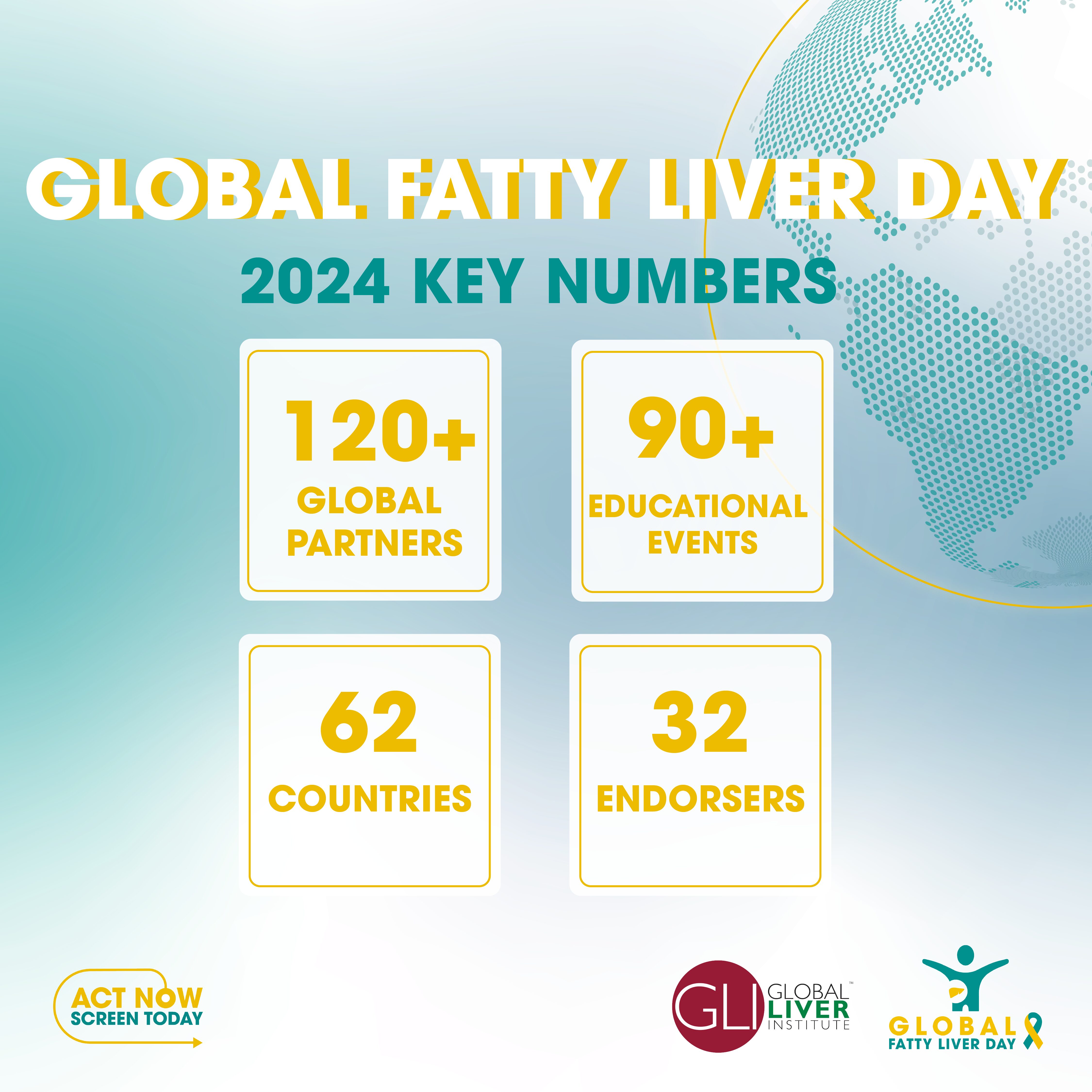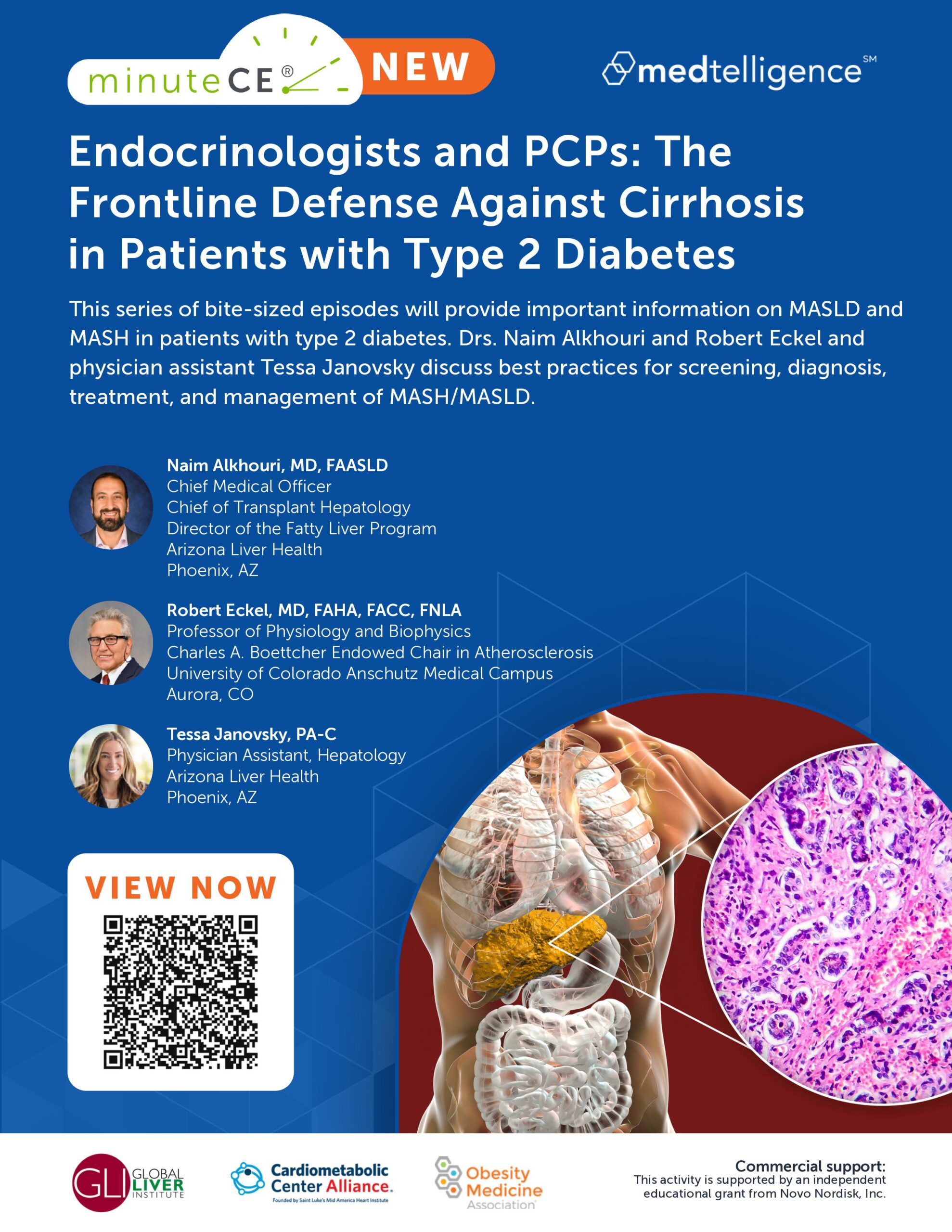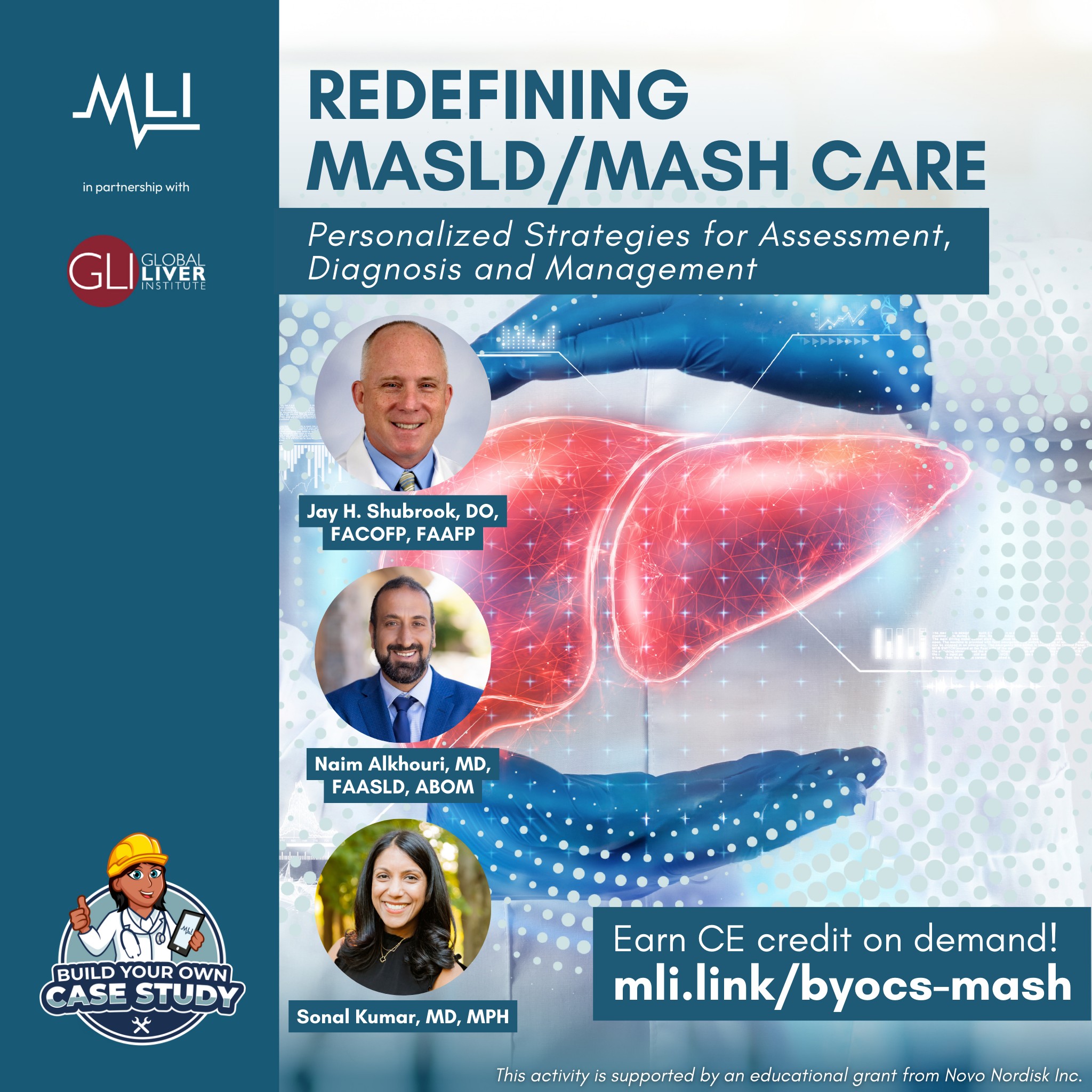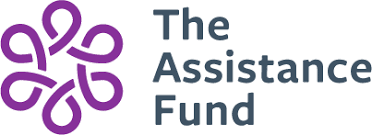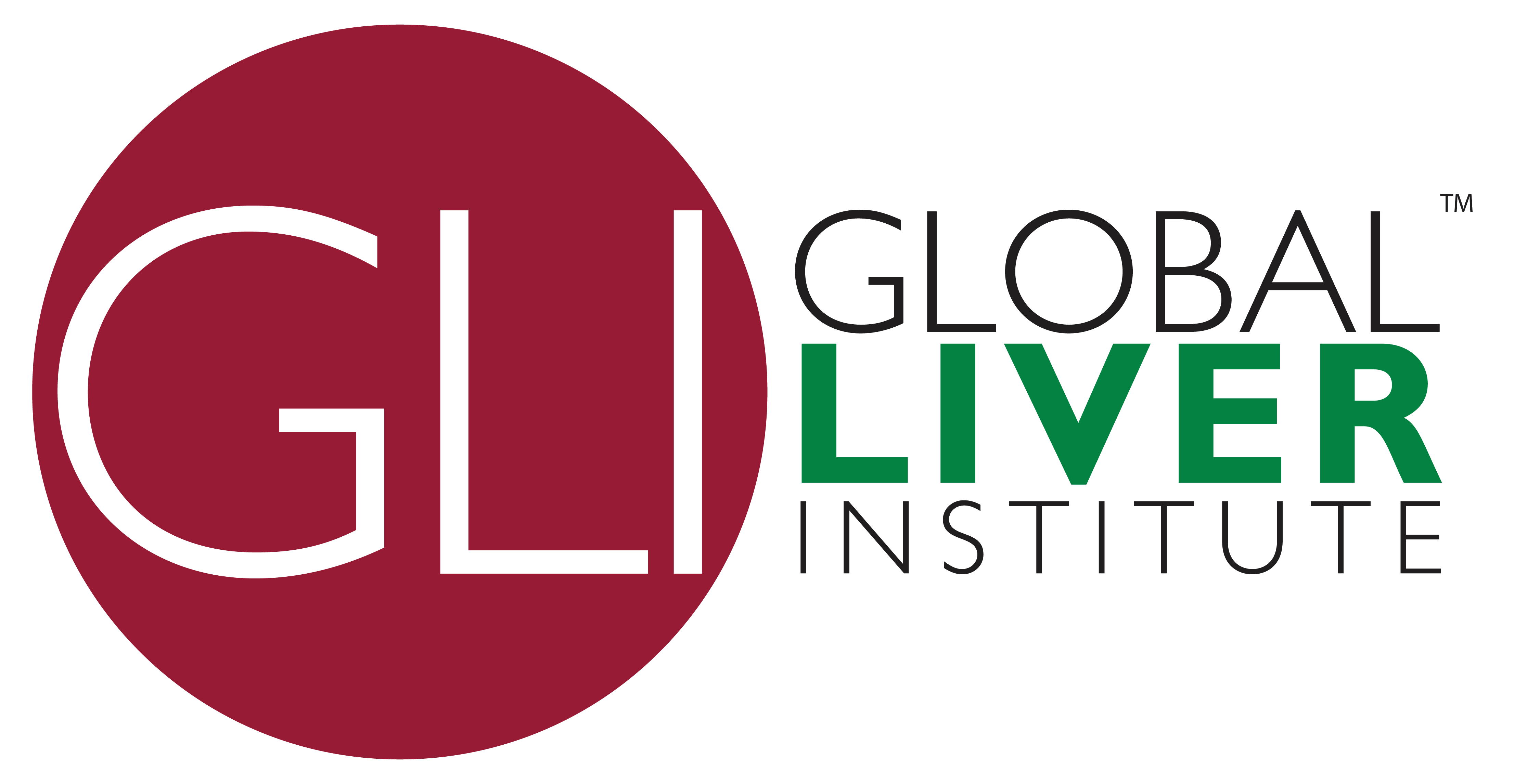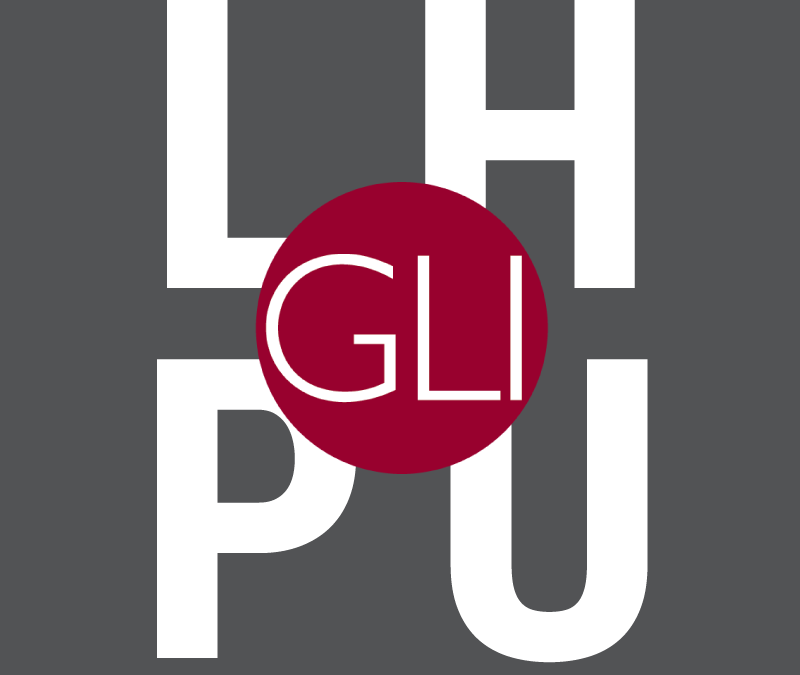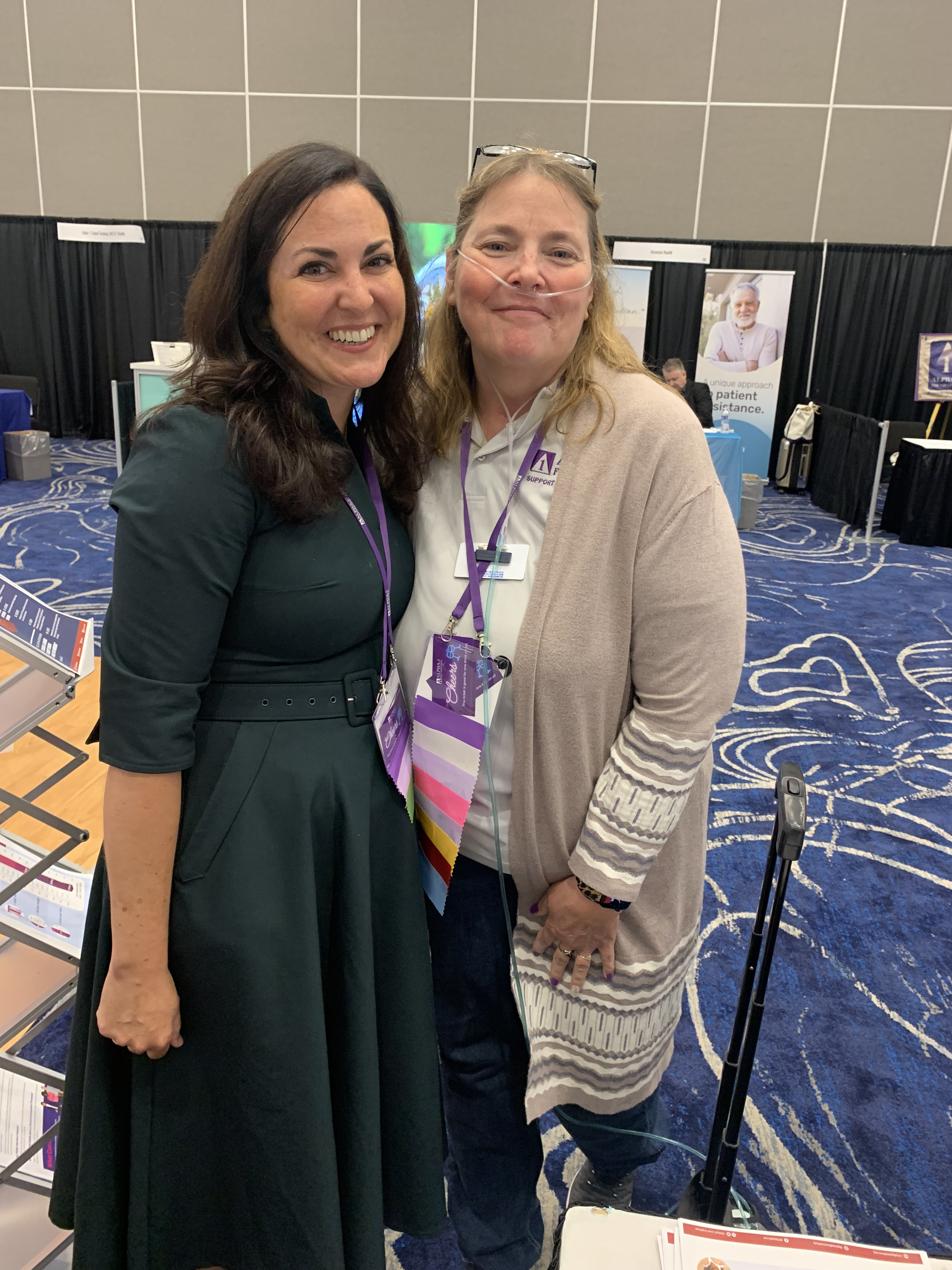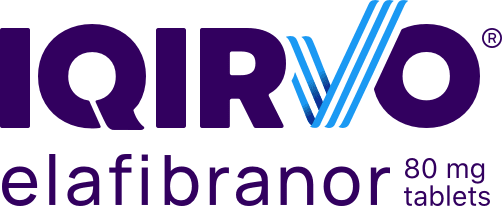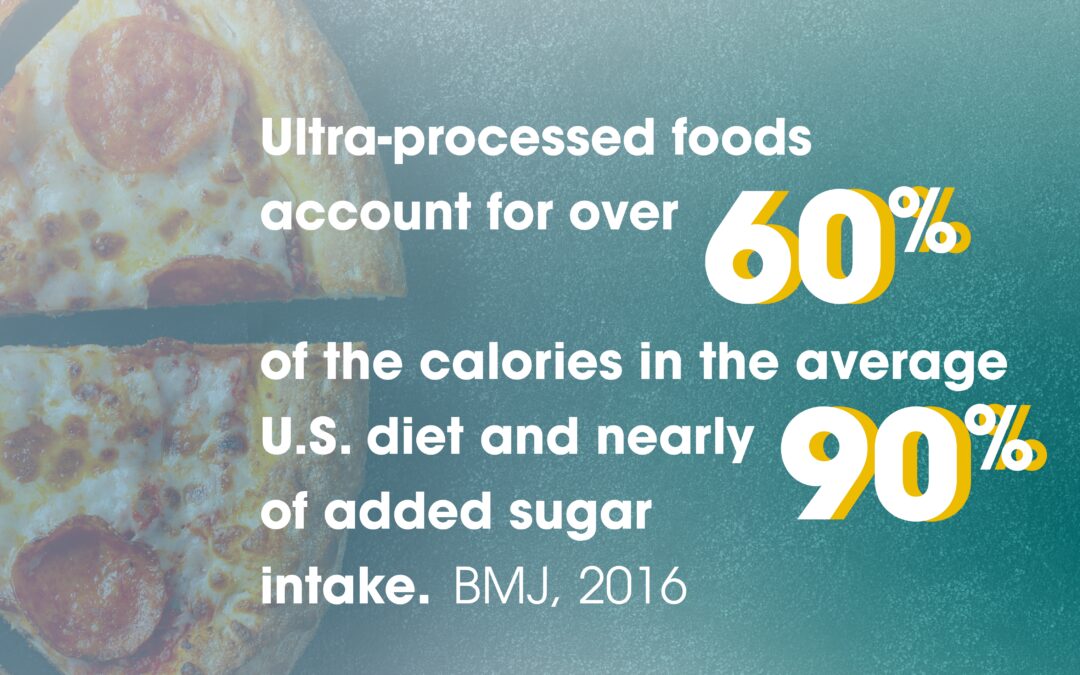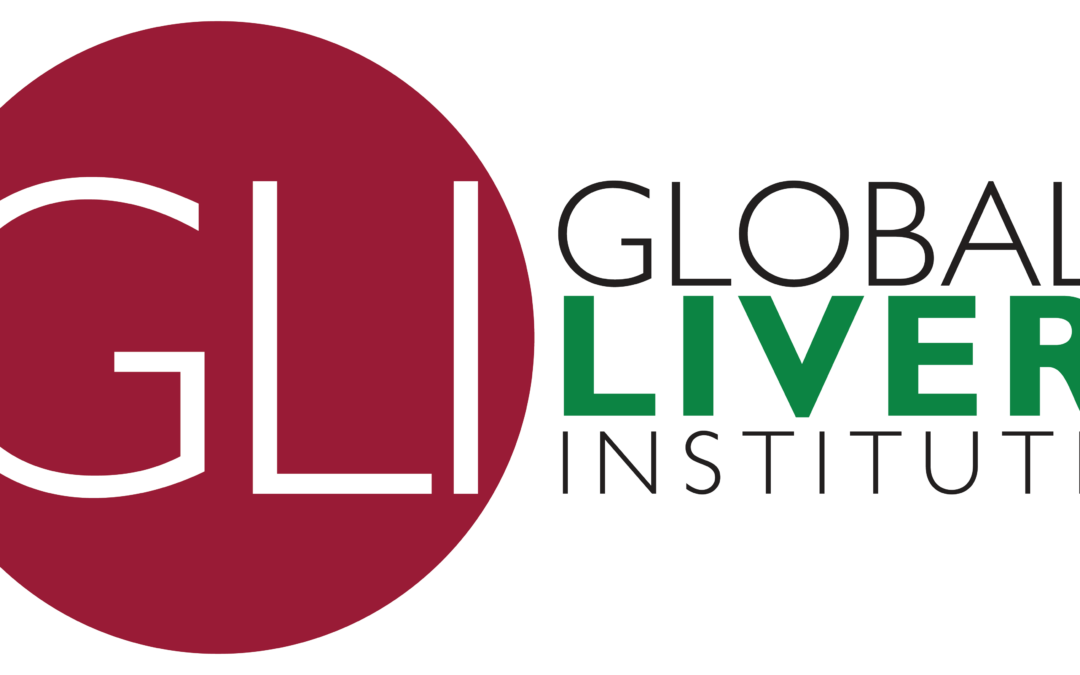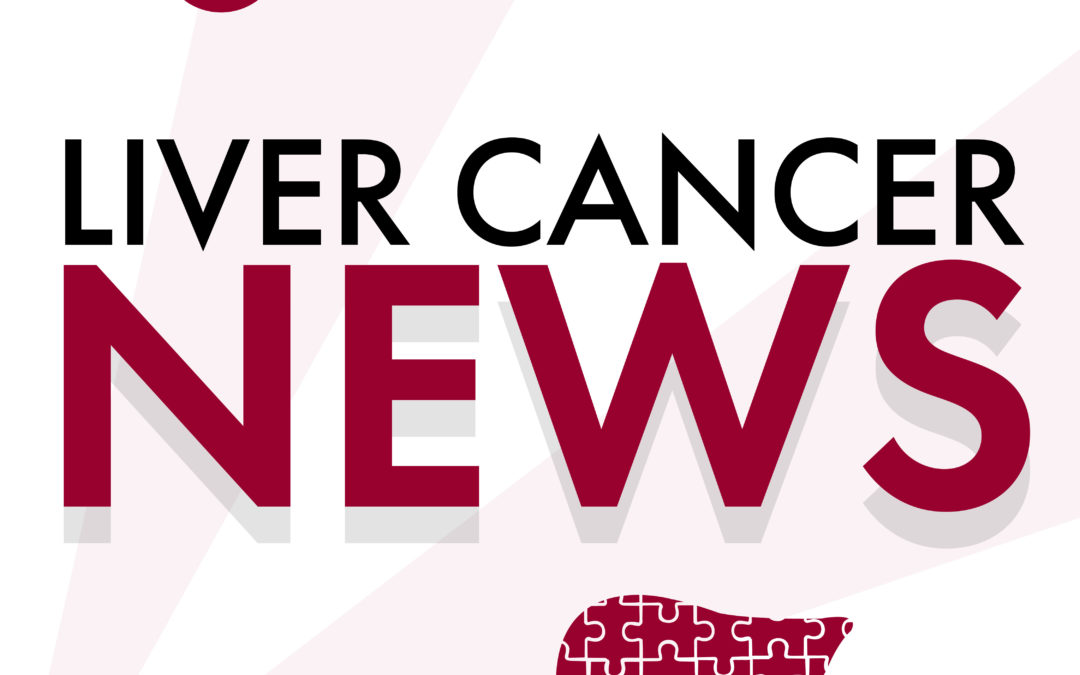
Growing Awareness between Alcohol and Cancer Risk – Liver Cancer News

Thank you for reading Liver Cancer News! Liver cancer is associated with low five-year survival rates, often due to late-stage diagnosis of the disease. In many cases, symptoms are minimal or absent until the cancer has progressed significantly, at which point treatment options become limited.
The recent development of a clinical tool by Kaiser Permanente, designed to predict the risk of hepatocellular carcinoma (HCC) in patients with fatty liver disease (NAFLD/MASLD), represents a significant advancement in early diagnosis. This huge step forward for early diagnosis gives patients a far greater opportunity for successful treatment – critical as we aim to increase survival rates and contribute to the Cancer Moonshot.
Resection Surgery Leads to Improved Liver Cancer Survival
A recent study published in JAMA Surgery has demonstrated that liver resection, or the surgical removal of part of the liver, results in better long-term survival outcomes for patients with HCC compared to localized treatments, which are therapies administered directly to the cancer cells and the tissue around them. The benefits of liver resection become increasingly apparent with longer follow-up periods, and patients who underwent this procedure exhibited lower risk for cancer-related death compared to those who received nonsurgical therapy. Still, in situations where resection is not possible, advances in modern techniques are increasingly enabling patients with multiple tumors to undergo localized ablation procedures for deep lesions and minimally invasive surgery for superficial lesions.
Elevar, Hengrui Eye Accelerated Refile for PD-1 Liver Cancer Combo After Surprise FDA Rejection
Elevar Therapeutics and Jiangsu Hengrui Pharma are preparing to refile their PD-1 inhibitor combination for combined use in liver cancer, according to an updated estimate from the two companies. Elevar CEO Saeho Chong, Ph.D., previously stated that the company was aiming for the “October time frame” but tempered expectations by incorporating additional clinical data and the need for collaboration. The companies expect to file by late September or October. The FDA rejected the applications for camrelizumab and rivoceranib in May due to manufacturing inspection issues.
Growing Awareness Between Alcohol and Cancer Risk
Over 50% of Americans are unaware that alcohol consumption has been linked to higher cancer risk. Alcohol is classified as a human carcinogen, as it damages DNA cell structure. Moderate and heavy drinkers have a higher risk of mouth, throat, esophageal, liver, breast, and colon cancer. The Dietary Guidelines for Americans 2020-2025 recommend abstaining or consuming no more than two drinks daily. Given growing awareness about alcohol’s cancer risks, some countries and U.S. states are adding warning labels to alcoholic beverages. To reduce alcohol consumption, people should consider the risk before building a social life around alcohol and talk to their doctor about how to curtail or end consumption.
New Clinical Tool Can Help Identify Patients at High Risk for Liver Cancer
A new clinical tool has been developed by Kaiser Permanente to determine if a patient has metabolic dysfunction-associated steatotic liver disease (MASLD) and predict their risk of developing liver cancer. The tool is the first of its kind, and uses data from a patient’s medical records and identifies about 78% of patients at high risk for liver cancer based on different MASLD-related risk factors from the study. The researchers also identified that PNPLA3, a genetic variant that is disproportionately found in people of Hispanic/Latino descent and already associated with fatty liver disease, also predicts the likelihood of progression to liver cancer.
Upcoming Events:
- August 27, 2024: Maximizing Employee Benefits Webinar
- August 27, 2024: Ask the Experts: The Role of Immunotherapy in Advancing the Treatment of HCC and BTC
- 1st and 3rd Tuesday of the month: Minnesota Community Collaboration on Viral Hepatitis ECHO
- September 13-16, 2024: GLI’s Advanced Advocacy Academy (A3)
- October 25th & 26th: Triage Center Conferences
For more information about the Liver Cancers Council or to learn more about joining, please visit https://globalliver.org/liver-cancers-council/ or email cancer@globalliver.org


